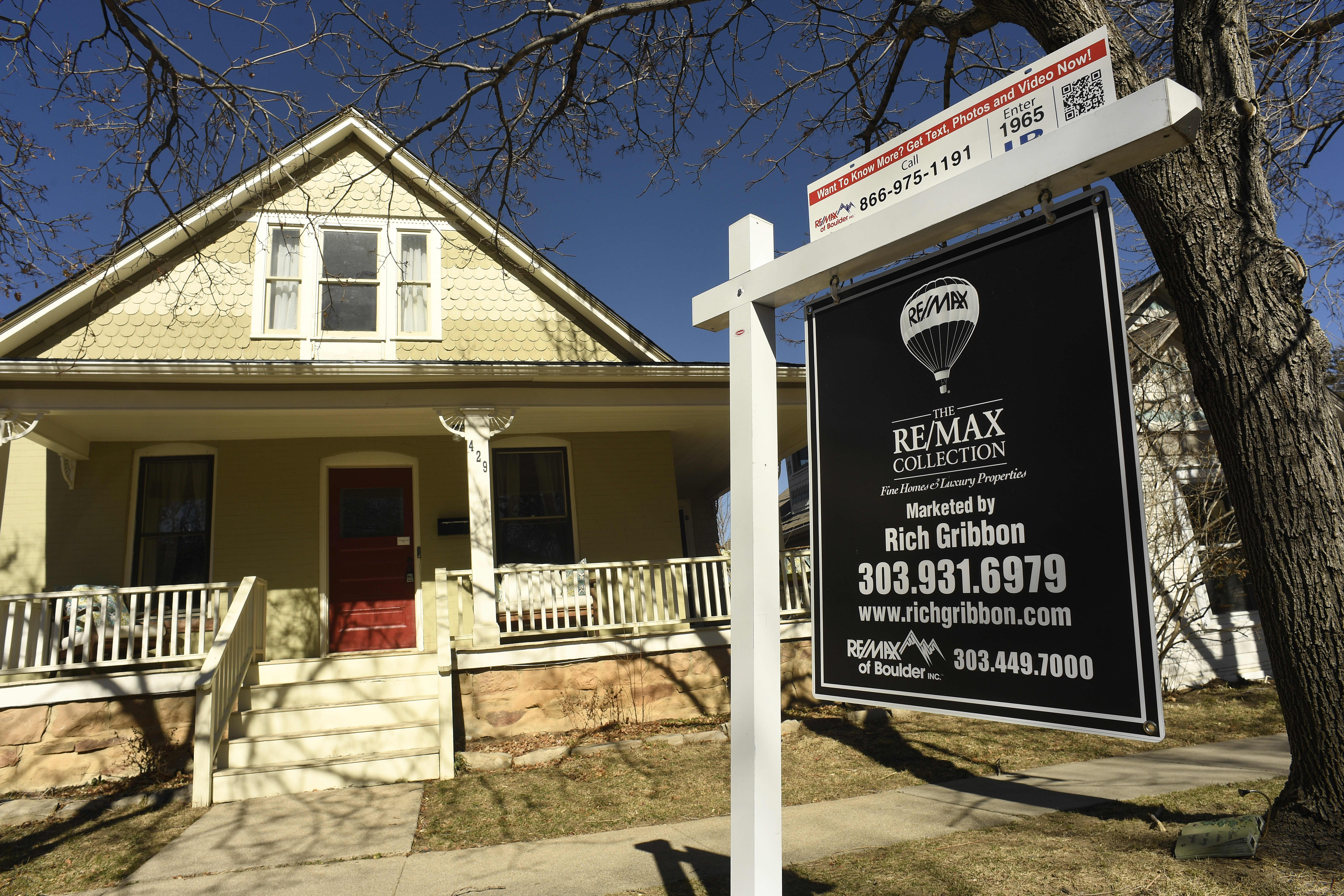Illinois Gov. J.B. Pritzker was told to prepare for up to 25 buses full of migrants each day as Chicago struggles to shelter and keep up with an influx of migrants being sent from Texas.
The governor said the warning came from Texas, which has been busing migrants to Chicago, a designated sanctuary city, for several months. Beatriz Ponce de Leon, the deputy mayor of immigrant, migrant and refugee rights in Chicago, also reported similar guidance, noting that the buses could potentially bring in 1,250 migrants a day.
The 25 daily buses would mark a dramatic increase compared to the totals reported by Chicago so far, more than doubling the numbers arriving in a single day so far.
Chicago, like New York and other cities, has struggled to find housing for the more than 17,000 migrants who have arrived since August 2022, most of which have come from Texas, largely under the direction of Republican Gov. Greg Abbott.
"Lots of communication for staff on my end and staff for the Governor of Texas," Pritzker told NBC Chicago Tuesday. "And I’ve made it very clear that the governor needs to stop what he’s doing and that we all should be working on reform together. He shouldn’t have to deal with all of the folks who are coming across the border and staying in Texas.”
The situation prompted Pritzker to send a letter to President Joe Biden this week.
"In the 13 months since the first bus of asylum seekers arrived in Illinois from the border, our state has undertaken an unprecedented humanitarian response to the arrival of now over 15,000 people," Pritzker wrote Monday. "Governors and mayors from border states have shipped people to our state like cargo in a dehumanizing attempt to score political points. The people of Illinois are kind and generous. We believe in the fundamental right of every human, especially those facing persecution, to find refuge and live with dignity in this great country of ours. But as the numbers being transported to Chicago are accelerating, the humanitarian crisis is overwhelming our ability to provide aid to the refugee population. Unfortunately, the welcome and aid Illinois has been providing to these asylum seekers has not been matched with support by the federal government. Most critically, the federal government's lack of intervention and coordination at the border has created an untenable situation for Illinois."
Local
Pritzker noted that the state has dedicated more the $330 million to humanitarian aid, an amount that is increasing each day.
"That’s a massive amount of money for a state still overcoming the health and economic effects of COVID-19. Add to that the over $100 million the city of Chicago contributed. Though we have found temporary housing in existing buildings for a majority of the refugees, we are challenged to find additional housing for the continuous flow of people who keep coming and are now forced to sleep in police stations and on sidewalks," Pritzker said. "This situation is untenable and requires your immediate help beyond the coming work authorizations for some of the asylum seekers. There is much more that can and must be done on a federal level to address a national humanitarian crisis that is currently being shouldered by state and local governments without support."
Feeling out of the loop? We'll catch you up on the Chicago news you need to know. Sign up for the weekly Chicago Catch-Up newsletter here.
In response, a White House spokesperson said the president "has repeatedly called on Congress to pass comprehensive immigration reform since his first day in office" and touted the administration's efforts to accelerate the issuance of work permits and grant funding for communities supporting migrants.
"Meanwhile, House Republicans continue to block the reform the immigration system needs and the $4 billion we requested to address the immediate needs of DHS to safely and humanely manage the Southwest Border and support communities across the country," the spokesperson said in a statement. "We will continue to work closely with Illinois and states and cities across the country."
While the state pleads for federal help, Chicago has been slowly moving people out of temporary spaces and into shelters and, in the near future, tents. Some migrants stay at Chicago's O'Hare Airport for weeks, then are moved to police stations or manage to get into the few shelters available. Within weeks, Chicago plans to roll out winterized tents, something New York has also done.
As more migrants arrive, the city's existing services have been strained. Officials have struggled to find longer-term housing solutions while saying the city needed more help from the state and federal governments.
Many migrants are from Venezuela, where a political, social and economic crisis in the past decade has pushed millions of people into poverty. At least 7.3 million have left, with many risking an often-harrowing route to the United States.
The housing of migrants has sparked controversy in a number of Chicago neighborhoods.
At a community meeting on Monday, some Pilsen residents welcomed the opening of a new temporary shelter for asylum-seekers in the neighborhood, but others wondered why the city wasn’t first helping homeowners in the area lower their property taxes. The warehouse, at 2241 S. Halsted, is expected to start receiving migrants as soon as Tuesday, according to Beatriz Ponce de Leon, the deputy mayor of immigrant, migrant and refugee rights.
About 400 migrants, comprised of families with children, will be housed in the neighborhood’s first city-run shelter during the initial phase, according to a fact sheet given out to meeting attendees. Up to 1,000 migrants could be housed during a second phase, city officials said.
“What we are doing here is saving lives,” local Ald. Byron Sigcho-Lopez (25th) told the hundreds gathered at Benito Juarez Community Academy’s auditorium about the new shelter, pointing out that many migrants are forced to stay in cramped conditions at police stations across the city.
Many residents of the neighborhood — which has a sizable immigrant population — sympathized with the plight of the recent arrivals, but they wondered why immigrants who have been here for years aren’t receiving the same levels of help.
In the Austin neighborhood, a Tuesday community meeting is planned ahead of a shelter the city is set to open in Amundsen Park.



